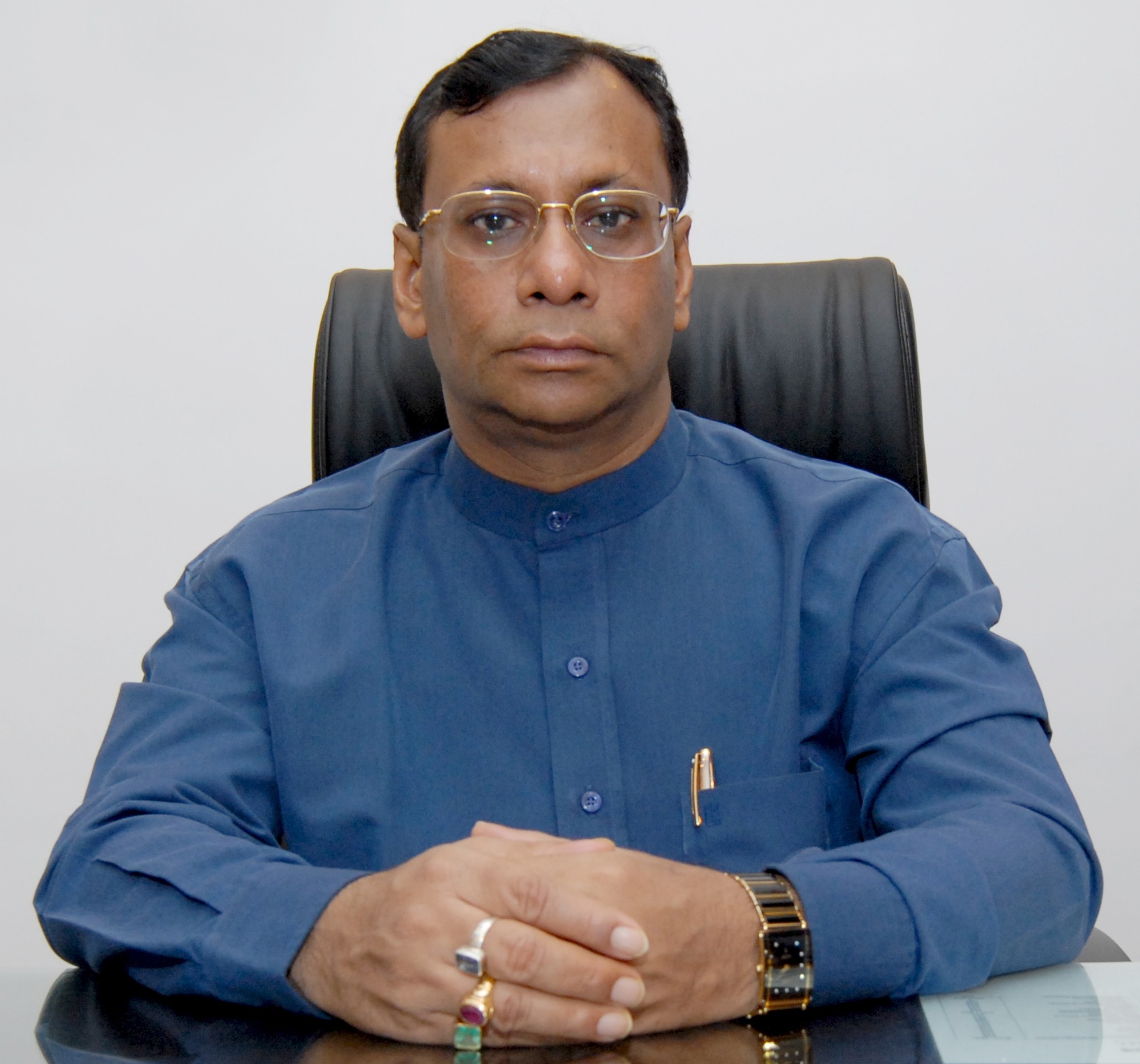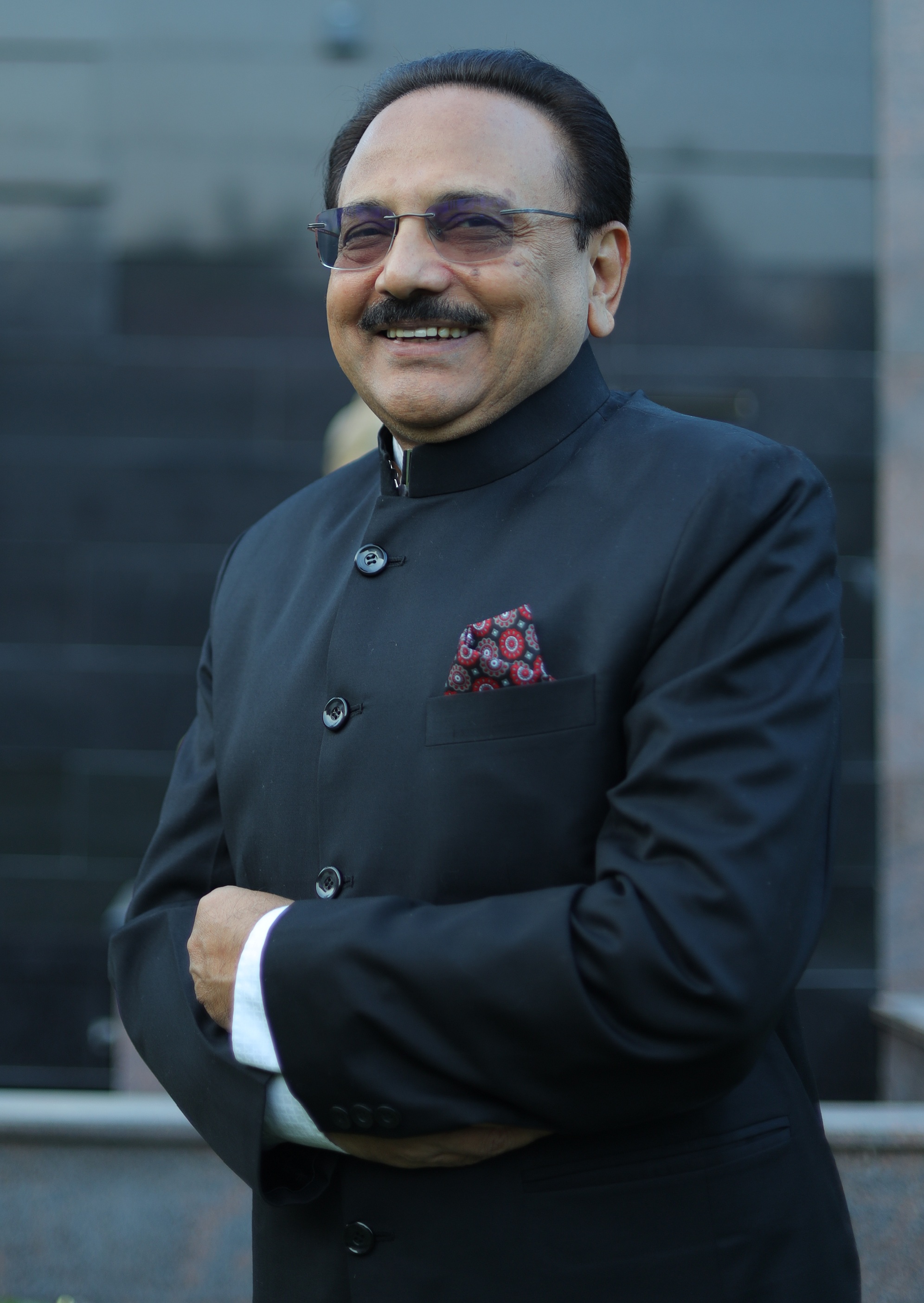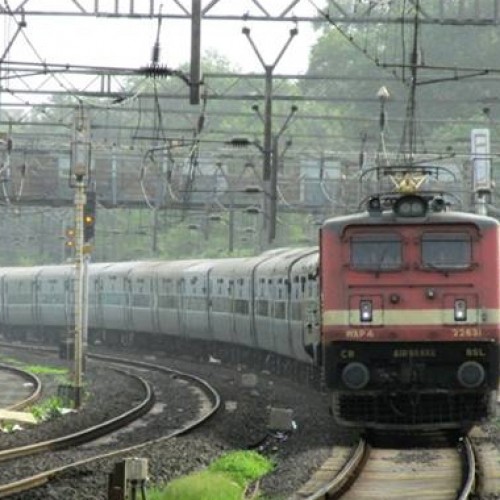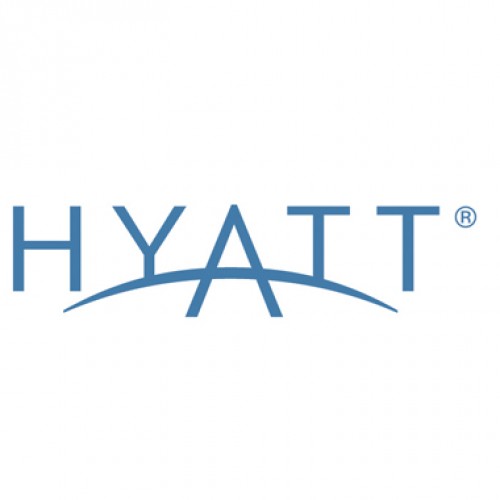IATO’s regional perspective: united efforts needed to boost inbound tourism
The recently concluded 40th Annual Convention of the Indian Association of Tour Operators (IATO), held in the spiritual and coastal city of Puri, Odisha, served as a crucial platform for dialogue and strategic planning to rejuvenate India’s inbound tourism sector. With the theme ‘Rejuvenate Inbound @2030,’ the convention brought together a diverse group of stakeholders, including tour operators, policymakers, hoteliers, and government officials, to address the challenges and opportunities facing the industry. The insights shared by the chairmen of IATO’s four regions, Eastern, Northern, Western, and Southern, provide a comprehensive and well-rounded perspective on the state of inbound tourism in the country and the path ahead.
Landmark Event for Odisha and the Eastern Region
For Odisha and the Eastern Region, the convention was a landmark event. Dr. J.K. Mohanty, Chairman of IATO’s Eastern Region and CMD of Swosti Group, underlined the convention’s significance in showcasing Odisha’s unique tourism potential. He highlighted the opportunity to spotlight the state’s diverse offerings, from heritage temples and pristine coastlines to tribal and Buddhist tourism circuits. The presence of national and international delegates was an unprecedented chance to enhance the state’s visibility, attract inbound tourism, and stimulate infrastructure growth and policy focus. Dr. Mohanty noted that the convention would likely lead to a clear roadmap for promoting Eastern India as an integrated inbound circuit, with Odisha as its cultural and spiritual anchor.
Mohanty also acknowledged the gradual recovery of inbound tourism in Odisha post-pandemic, citing a rebound in interest from both domestic and international travellers, particularly in the heritage and eco-tourism segments. However, he pointed out a significant challenge: the lack of direct international air connectivity to Bhubaneswar, which limits access for global travellers. To address this, he stressed the need for enhanced international marketing, strategic airline partnerships, and curated experiential tourism packages. He stated that the Eastern Region chapter, in collaboration with the Odisha Tourism Department, has been conducting annual conclaves to highlight the needs and potential of the state’s tourism sector and advocate for more flight connections. The Swosti Group, he added, played a crucial role in the convention’s success, actively supporting logistics, hospitality, and coordination to ensure a seamless experience for delegates while also showcasing its commitment to expanding its own luxury and eco-tourism offerings in the state.
Northern Region’s Perspective: Resilience amidst External Disruptions
Sunil Gupta, Chairman of IATO’s Northern Region, described the convention as a vital platform for knowledge-sharing and policy advocacy. He said that the discussions at the convention will help shape strategies for the Northern Region, a hub of iconic Indian destinations, to revive and grow inbound tourism through better connectivity, infrastructure, and collaborative promotions.
Gupta added that while the Northern Region continues to attract a healthy share of inbound visitors, it has yet to reach pre-pandemic levels. He highlighted the resilience of the sector, but also the sensitivity of inbound tourism to external disruptions like geopolitical tensions and natural disasters. He pointed to the proactive engagement of state tourism boards in international marts and global marketing campaigns. Key challenges, he said, remain inconsistent infrastructure, limited direct international air connectivity, and insufficient destination marketing abroad. He stressed the need for a more unified national promotional campaign and streamlined visa policies. He also shared a recent initiative by the Jammu & Kashmir chapter, where an IATO delegation visited Srinagar and Pahalgam to reassure the industry and public about the return to normalcy following an incident, an effort aimed at rebuilding confidence among both trade partners and travellers.
Western Region’s View: Addressing Stagnation and Safety Concerns
From the Western Region, Chairman Himanshu Agashiwala saw the convention as a crucial platform for dialogue between the private sector and government. He emphasized that the exchange of ideas would foster growth and quality work. He also highlighted the opportunity for tour operators from across India to interact and learn about the tourism potential of the Western Region.
Agashiwala said that the current state of inbound tourism in the Western Region is stagnant, though he noted some positive signs. Goa, he said, has shown a good tourist arrival rate, and Gujarat has a steady flow of NRIs. However, he expressed concern about Maharashtra, which he believes is lagging behind due to a lack of proper publicity and collaboration with the right partners like IATO. He also pointed out that Madhya Pradesh is making strides by boosting its pilgrimage sector. The main challenges, he asserted, are consistent issues with infrastructure development, and most importantly, safety concerns, particularly regarding women’s safety and geopolitical issues. He urged for concrete measures to curb such incidents and for the media to avoid spreading bad publicity. He mentioned recent initiatives by Maharashtra Tourism to promote inbound tourism by inviting agents to local festivals and planning to increase the number of tourism guides.
Southern Region’s Strategy: Unifying States for Seamless Travel
Pandian K, Chairman of IATO’s Southern Region, stated that the Puri convention has ignited meaningful discussions on policy reforms, sustainable tourism, and infrastructure development. He believes these discussions would lead to actionable strategies and government engagement, particularly benefiting the Southern Region, which has high potential but needs greater exposure. Pandian also sees the convention as a way to open doors to new business collaborations and increase visibility for lesser-known destinations.
Pandian informed that inbound tourism in the Southern Region is gradually recovering but has not yet reached pre-pandemic levels, with challenges like visa delays and global economic factors affecting volumes. He noted that niche segments like spiritual tourism and Ayurveda are gaining attention. He highlighted a key challenge for the region: the lack of coordination between Indian states. He stressed the importance of tourism secretaries and administrators from different states periodically coming together to align on shared goals and operational practices. He cited the ‘One India One Permit’ policy as a progressive step that, if uniformly adopted, would significantly ease travel. He stated that his chapter actively holds regular meetings to discuss challenges, exchange market insights, and represent South India’s potential at national conventions and expos.
Imperative of Collective Action
A clear and unified message emerged from across all regions: India’s inbound tourism, while showing signs of recovery, has a long road ahead to reach and surpass pre-pandemic levels. The common challenges identified include inadequate infrastructure, limited international air connectivity, safety perceptions, and a lack of cohesive, well-funded national marketing. The convention in Puri served to reinforce the critical need for greater collaboration between the government and private stakeholders, policy-level alignment among states, and a focused, unified approach to promoting ‘Brand India’ on the global stage. As the industry looks toward a more prosperous future, the outcomes and connections forged at this convention are expected to pave the way for a rejuvenated and more resilient inbound tourism sector across the entire nation.
—
You might also like
India-Bangladesh ties: Indian railways to restore Kolkata –Khulna passenger train service
Indian Railways all set to restore the Kolkata –Khulna passenger train service in July 2017 after a gap of nearly seventy years. A trail run of the service from Khulna
Hyatt brings new brand to India
Hyatt has introduced another of its hotel brands to India, with the opening of the Andaz Delhi. Located in the Aerocity area, close to Indira Gandhi International Airport, the new
Blue Square Consultants to represent Australia & Beyond Holidays in India
Blue Square Consultants are delighted to advise that they have been appointed as the sales and marketing representative for Australia & Beyond Holidays. Australia & Beyond Holidays was established by Simon







